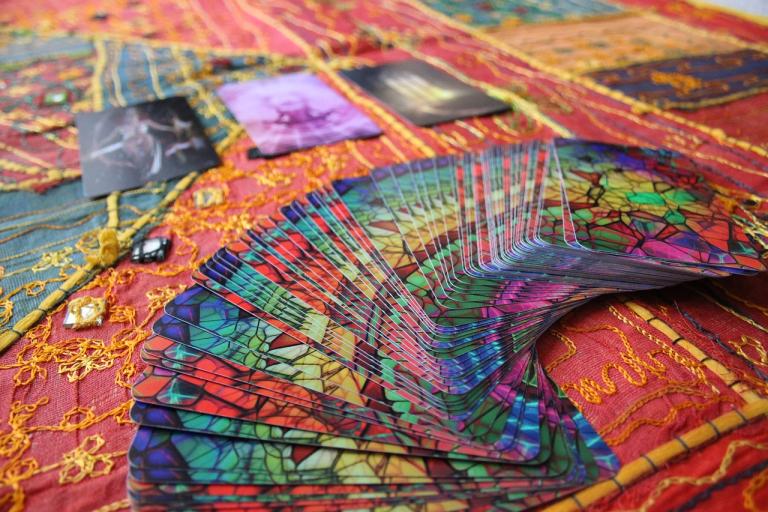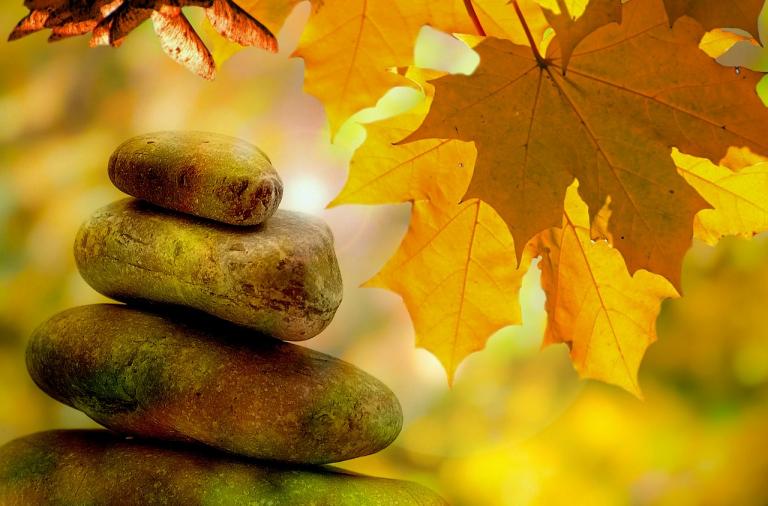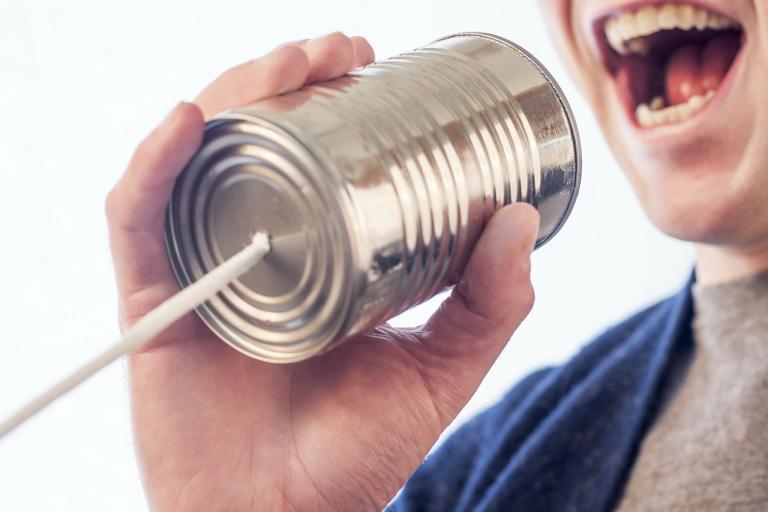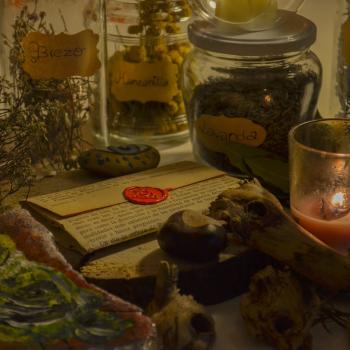Self-love. What does this look like? For me, creating a routine has helped me understand its meaning. Here’s what it looks like.
Every day when I wake up, I go to my kitchen window to light a candle to honor Frigga. My next task, is to light a candle to Brighid on the main altar. Then I take my meds and sit down on the couch with an infusion of dandelion and/or ashwaganda root while I read. After breakfast, I take care of my plants. Then I meditate/chant in front of my Hekate altar before moving on with the day. Sometimes I throw a short yoga practice in there (not nearly enough) before going into the podcast room/office for writing, herbalism studies, etc.
For me, the morning routine brings a sense of peace that I carry through the day. When stress, anxiety or challenges present themselves, the morning routine allows me to focus heart, mind and spirit. I’ve learne d that when life interrupts my routine, over time I become tired, listless, and don’t feel like doing much of anything. Dissonance creeps into my life. My focus can become skewed. Intrusive thoughts can begin to filter in from the background.

Self-Love is not Selfish
The other day, during a Tarot reading, my client leaned forward with tears in her eyes and asked “It’s not selfish to take care of me first, is it?” The woman had been taught throughout her life, as I had been in my former religion, that to be “good” one must be self-less. Always putting the needs of others above her own.
She asked the question because the reading had been encouraging her find balance. Make a daily routine to care for herself. My heart broke as I assured her that self-love is not selfish. Sadly, she is not the first client who has asked me that question. I’ve heard the same sentiment from people who listen to the podcast. The belief that self-love is selfish is not new. However, my belief is to love oneself is a step toward healing and wholeness.

Understanding the Importance of Self-love.
Years ago, I was fortunate to find a counselor who had a lot of opinions about taking care of one’s Self. She told me that when we pour ourselves into other people (significant other(s), children, family, friends, co-workers, etc.) but never taking the time to refill the emotional/spiritual pitcher from which we are pouring, we run the risk of depleting ourselves. We become exhausted to the point having nothing left to give. So, it is important to find ways to refill the reservoir.
This counselor is the one who advised me to create a self-love routine. Simple tasks which include taking care of myself emotionally, physically, and spiritually. The tasks can change over time as life happens. For instance, the candle lighting for my deities is an act of devotion which has become an important part of my morning routine.
Perhaps it seems strange to connect devotional acts with self-love but maintaining those connections with my goddesses is an important part of my spiritual wholeness. The devotional acts are done as much for me as it is to honor them. An exchange of energy through devotion to deity renews my spirit, therefore it is now part of my self-love routine.

Self-Love Understands Your Worth
Finding peace in a routine can be a good approach to self-love if you’re not used to caring for yourself first. What you do doesn’t have to be difficult, complicated, or time-consuming. A self-love routine should fit into your life. Make sure the routine is filled with activities which make you feel good about yourself. The idea is to fill your cup to the brim, so to speak. That way, you have plenty of emotional/spiritual/physical energy to share with others while managing your own needs throughout the day.
Do not confuse self-love with narcissism
An narcissist is an individual described as having “a sense of entitlement, a lack of empathy, and a need for admiration, as characterizing a personality type.” Self-love is “regard for one’s own well-being and happiness.” Do not fear that if you take care of yourself first then will turn you into a narcissist. That is not what self-love is advocating. Self-love is taking care of your own physical/spiritual/emotional needs, so you can then go and be in healthy, giving relationship(s) with others.

Suggestions for Creating a Self-Love routine:
Find Your Best Time: Mornings are good for me because I wake up early and work from home. Afternoon, evening, or late-night may be an optimum time for someone else. Every person has their own needs and schedules. Determine the best time that works for you.
Make Sure Your Physical Needs Are Met: Part of my self-love routine includes taking medication. I have a couple of medical conditions which require maintenance for me to remain healthy. Ignoring this reality is not loving to myself. Eating healthy foods, cutting sugar or caffiene, exercise, or other ways of taking care of the body are important as part of a self-love routine. Do what makes you feel right in your skin.
Fill Your Emotional/Spiritual Cup: People have a tendency to expect others (spouse, children, family, friends) to fill their emotional needs. However, over time I’ve come to realize the best person to be responsible for my emotional wellbeing and happiness is myself. So, I make sure to include activities in my routine which make me happy or bring me joy. Reading, writing, herbalism, caring for my plants (indoors and outdoors), Tarot and other forms of divination, along with practicing the Craft, are all things which fill my cup.
Fit a Self-Love Routine Into Your Lifestyle: Having a routine I follow every day works for me. However, this may not be sustainable for everyone and that defeats the purpose. Let your routine fit your life. Don’t have a lot of personal time? Create a time when you are able to get away by yourself for five minutes (bathroom breaks are great for this) and just breathe. Parents learn this early — nap when the kid does. Maybe your self-love routine is one day a week or month. Regardless, take time to care for yourself.

Communicate Your Self-Love Needs.
Let others know you have a routine for self-love. Encourage them to create their own routine. Remember, the goal is to love yourself because you are a valuable person. And in the end, learning to love yourself allows your capacity to love others to grow in response.

















